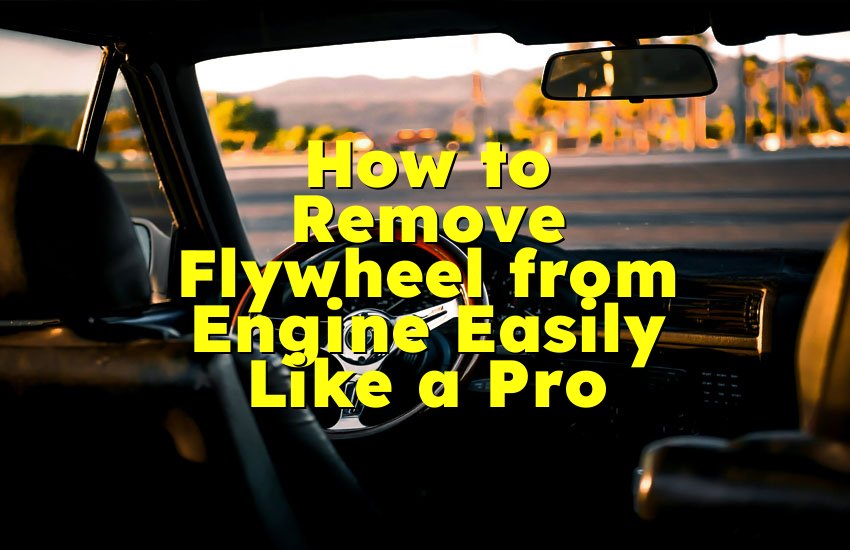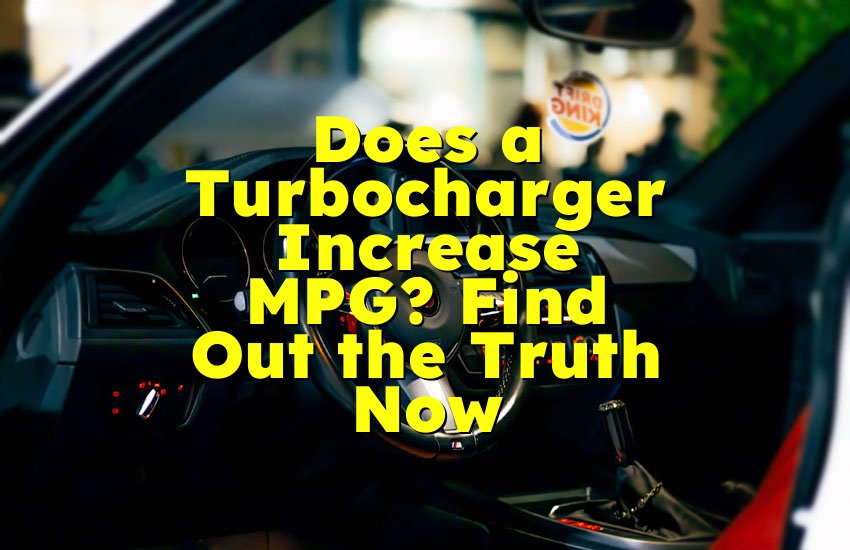As an Amazon Associate, I earn from qualifying purchases at no extra cost to you.
How Much Does a Tune-Up Cost at Jiffy Lube? Ultimate Guide
You probably want your car to run smoothly without surprises. But have you ever wondered, “How much will a tune-up cost at Jiffy Lube?” It's a great question! Knowing the price ahead of time helps you plan your budget and keep your car in tip-top shape. Let's dive deep and talk about what a tune-up really means, what to expect, and exactly how much it might cost you at Jiffy Lube.
What is a Tune-Up at Jiffy Lube? Understanding the Service
Before we talk about the price, it's important to know what a tune-up includes at Jiffy Lube. The phrase "tune-up" means different things to different people, so let's clear that up.
What Does a Tune-Up Mean?
A tune-up is a type of car service meant to keep your engine running well. It often includes checking and replacing parts that wear out over time. For example, things like spark plugs, air filters, or fuel filters might be checked or changed. These parts help your engine get the right mix of air and fuel to run smoothly.
At Jiffy Lube, tune-ups aren't always a fixed service package. Instead, they focus on preventive maintenance, which means fixing or replacing small things before they become big problems. A tune-up here can include:
- Changing spark plugs
- Replacing the air filter
- Changing the fuel filter
- Checking and topping off fluids
- Inspecting belts and hoses
Why Does Your Car Need a Tune-Up?
Your car's engine works hard every day. Over time, parts wear out, and if they are not replaced, the car may start to perform badly. You might notice the engine sputtering, the gas mileage dropping, or the car not starting as smoothly. A tune-up helps prevent these issues by refreshing key parts.
Tune-ups keep your car more reliable and can improve fuel economy. Plus, regular maintenance helps avoid expensive repairs down the road. Jiffy Lube helps by offering tune-ups that are quick and convenient, usually without needing an appointment.
How Often Should You Get a Tune-Up?
Generally, most cars need a tune-up every 30,000 miles, but this depends on your car's make and model. Newer cars sometimes go longer between tune-ups because they use better parts and technology. If your car owner's manual suggests tune-ups, it's a good idea to follow those instructions. Jiffy Lube also offers recommendations based on your vehicle's needs.
Tune-Up vs. Oil Change
Many people confuse a tune-up with an oil change. An oil change is just one small part of vehicle maintenance, where the old engine oil is drained and replaced with new oil. A tune-up is more comprehensive and focuses on parts that help your engine run properly. While Jiffy Lube is famous for fast oil changes, tune-ups take a bit longer and usually cost more.
Knowing what a tune-up involves helps you understand why the cost can vary and what services you can expect.
What Affects the Cost of a Tune-Up at Jiffy Lube?
The cost of a tune-up at Jiffy Lube can vary widely depending on several important factors. Let's look at what can change the price you pay.
Type of Tune-Up Service
Jiffy Lube offers different packages or services based on what your car needs. Some tune-ups are simple and might include just changing spark plugs and air filters. Others might be more detailed, adding fuel system cleaning or other checks. The more work involved, the higher the price.
They sometimes offer "Basic Tune-Ups" or "Comprehensive Tune-Ups." The basic one usually costs less, while comprehensive services cost more because they include more parts and labor.
Make and Model of Your Car
Not all cars are the same. Some have engines that are easier to service, while others are more complex. For example, a small car like a Honda Civic might have a cheaper tune-up than a large SUV or luxury vehicle because parts and labor differ. If your car uses expensive or hard-to-find parts, this will also affect the total cost.
Parts Needed for the Tune-Up
The price depends a lot on which parts your car needs. Spark plugs are common parts that wear out and need replacement. There are many types of spark plugs, some cheaper and some expensive, depending on your car. Air filters and fuel filters also vary in price.
If your car just needs a simple spark plug change and air filter replacement, the cost is less. But if you also need a fuel filter, fuel injector cleaning, or other parts replaced, the price goes up.
Location and Local Pricing
Jiffy Lube has stores all across the country. Prices can vary by location because of local labor costs, taxes, and other expenses. For example, tune-ups in a big city or a high-cost area usually cost more than in smaller towns.
Discounts and Promotions
Jiffy Lube often runs discounts, coupons, or promotions that can lower the tune-up cost. These deals might be seasonal or tied to specific services. Checking online or calling your local Jiffy Lube can help you find current specials.
Labor Time and Complexity
A tune-up takes time and skill. The longer and more complicated the job, the higher the labor cost. Some cars have spark plugs that are hard to reach, meaning the technician must spend more time. This also increases the price.
Understanding these factors can help you estimate your tune-up cost better and avoid surprises when you visit Jiffy Lube.
Typical Tune-Up Costs at Jiffy Lube: What You Can Expect to Pay
Now, let's talk about the actual numbers. How much does a tune-up at Jiffy Lube really cost? The price range is wide, but we'll break it down so you know what to expect.
Basic Tune-Up Price Range
For a basic tune-up, including changing spark plugs and air filters, you might expect to pay anywhere from $70 to $150. This price usually covers the cost of parts and labor for a simple service.
This is a good starting point if your car is fairly new and just needs regular maintenance.
Comprehensive Tune-Up Price Range
A more detailed tune-up with extra services like fuel system cleaning, fuel filter replacement, and a more thorough inspection could cost between $150 and $300 or more. Some cars need this level of service, especially if they have high mileage or have been neglected.
Additional Costs to Watch For
Sometimes, while doing a tune-up, the technician might find other issues that need fixing. These can add to the cost. Examples include:
- Worn spark plug wires
- Dirty or clogged fuel injectors
- Engine misfire diagnosis
- Battery or belt replacements
These add-ons are optional but recommended if your car needs them for better performance.
Comparison With Other Shops
Jiffy Lube's prices are competitive but not always the cheapest. Independent mechanics or dealerships might charge more or less depending on their expertise and the quality of parts used.
Jiffy Lube offers the convenience of quick service, so you trade a little money for faster, reliable tune-ups without appointments.
Tips to Save Money on Tune-Ups
To save money, watch for coupons or deals at Jiffy Lube, consider bundling services like oil changes and tune-ups together, and keep up with regular maintenance to avoid bigger problems.
Checking your car manual for recommended tune-up intervals can also help you avoid unnecessary visits.
Knowing these price ranges and tips prepares you to make smart decisions about your car's tune-up.
What Happens During a Tune-Up at Jiffy Lube? The Step-by-Step Process
If you want to know where your money goes, it helps to understand what actually happens during a tune-up at Jiffy Lube. Here's the step-by-step process, explained simply.
Step 1: Vehicle Inspection and Check-In
When you arrive at Jiffy Lube, a service advisor talks to you about what your car needs. They might ask about problems you've noticed, like rough idling or trouble starting. Then, your car goes into the service bay.
Technicians usually start by visually inspecting the car. They check fluid levels, belts, hoses, and the condition of key parts.
Step 2: Replace Spark Plugs
Spark plugs are the heart of a tune-up. They ignite the fuel in your engine to make the car move. Over time, spark plugs get dirty or worn out, causing your engine to misfire or use more gas.
Technicians remove old spark plugs and replace them with new ones that fit your car's make and model. This helps the engine run smoother and cleaner.
Step 3: Change Air Filter
The air filter stops dirt and dust from entering your engine. A clogged air filter reduces engine power and fuel efficiency.
Replacing the air filter is quick and easy. It improves airflow to the engine, helping your car breathe better and perform well.
Step 4: Check and Replace Fuel Filter (If Needed)
The fuel filter cleans the gasoline before it reaches the engine. A dirty fuel filter can cause poor engine performance and stalling.
If your car's fuel filter needs replacement, the technician will swap it out. Not all tune-ups include this, but it's important for cars with high mileage.
Step 5: Fluid Top-Offs and Inspections
Technicians check and top off important fluids like engine oil, brake fluid, transmission fluid, and coolant. This keeps your car running safely.
They also inspect belts and hoses for cracks or wear. Replacing these before they break avoids breakdowns.
Step 6: Final Tests and Quality Check
After replacing parts and topping fluids, the technician starts your engine to check for smooth operation. They might do a short test drive or use tools to ensure everything runs well.
Finally, they clean up and talk to you about what was done and any additional recommendations.
How Long Does a Tune-Up Take at Jiffy Lube?
Typically, a tune-up at Jiffy Lube takes about 45 minutes to an hour. This quick service is a big reason people choose Jiffy Lube over other shops.
Understanding this process helps you appreciate the value of the tune-up cost and what your money is paying for.
I hope this guide helps you understand what a tune-up at Jiffy Lube costs and what you get for your money. Knowing the price and the services involved makes it easier to care for your car without surprises.
Frequently Asked Questions (FAQs)
Is it necessary to get a tune-up at Jiffy Lube?
Getting a tune-up at Jiffy Lube is not always required, but it's a smart idea to keep your car running well. Tune-ups help catch small problems before they become big and expensive repairs. Jiffy Lube offers fast, convenient tune-up services, making it easy to stay on top of maintenance.
Can I get a tune-up at Jiffy Lube without an appointment?
Yes, one of the big benefits of Jiffy Lube is that you usually don't need an appointment for a tune-up. They often accept walk-ins, which means you can stop by when it's convenient. However, calling ahead to check availability is a good idea, especially during busy times.
Do I need a tune-up if my car seems to run fine?
Even if your car runs fine now, tune-ups are recommended to prevent future problems. Small parts like spark plugs wear out slowly, and replacing them on schedule helps your car stay reliable and fuel-efficient. Regular tune-ups save money by avoiding costly breakdowns later.
Is it cheaper to get a tune-up at Jiffy Lube compared to a dealership?
Jiffy Lube is generally less expensive than dealerships for tune-ups. Dealerships often charge more for labor and parts, especially on newer or luxury cars. Jiffy Lube offers competitive pricing and quick service, making it a good choice for basic tune-ups.
Can Jiffy Lube tune-up any type of car?
Jiffy Lube services most makes and models, especially popular domestic and foreign cars. However, for some specialty or luxury vehicles, they may refer you to a dealership or specialized mechanic. It's best to call ahead and ask if they can service your particular car.
Do I have to replace all spark plugs during a tune-up?
Yes, it's best to replace all spark plugs at the same time. This ensures your engine runs evenly and avoids misfires. Changing only some plugs can cause uneven performance and more wear on your engine.
Can I buy parts myself and have Jiffy Lube install them?
Jiffy Lube usually prefers to supply their own parts to guarantee quality and warranty. Bringing your own parts might void warranties or cause issues. It's best to ask them directly if they will install customer-supplied parts.
Is it worth paying more for a comprehensive tune-up at Jiffy Lube?
If your car is older or has high mileage, a comprehensive tune-up can be worth the extra cost. It addresses more parts and systems, improving performance and longevity. For newer cars with fewer miles, a basic tune-up might be enough.











